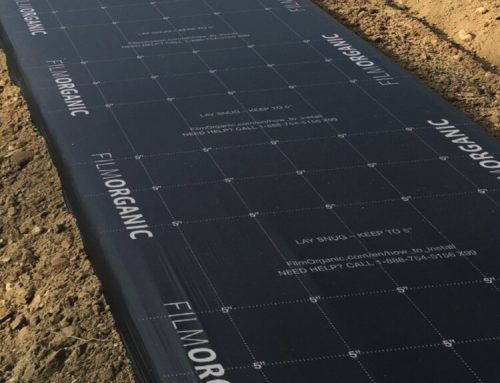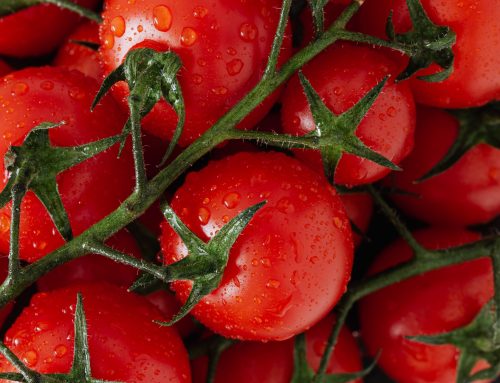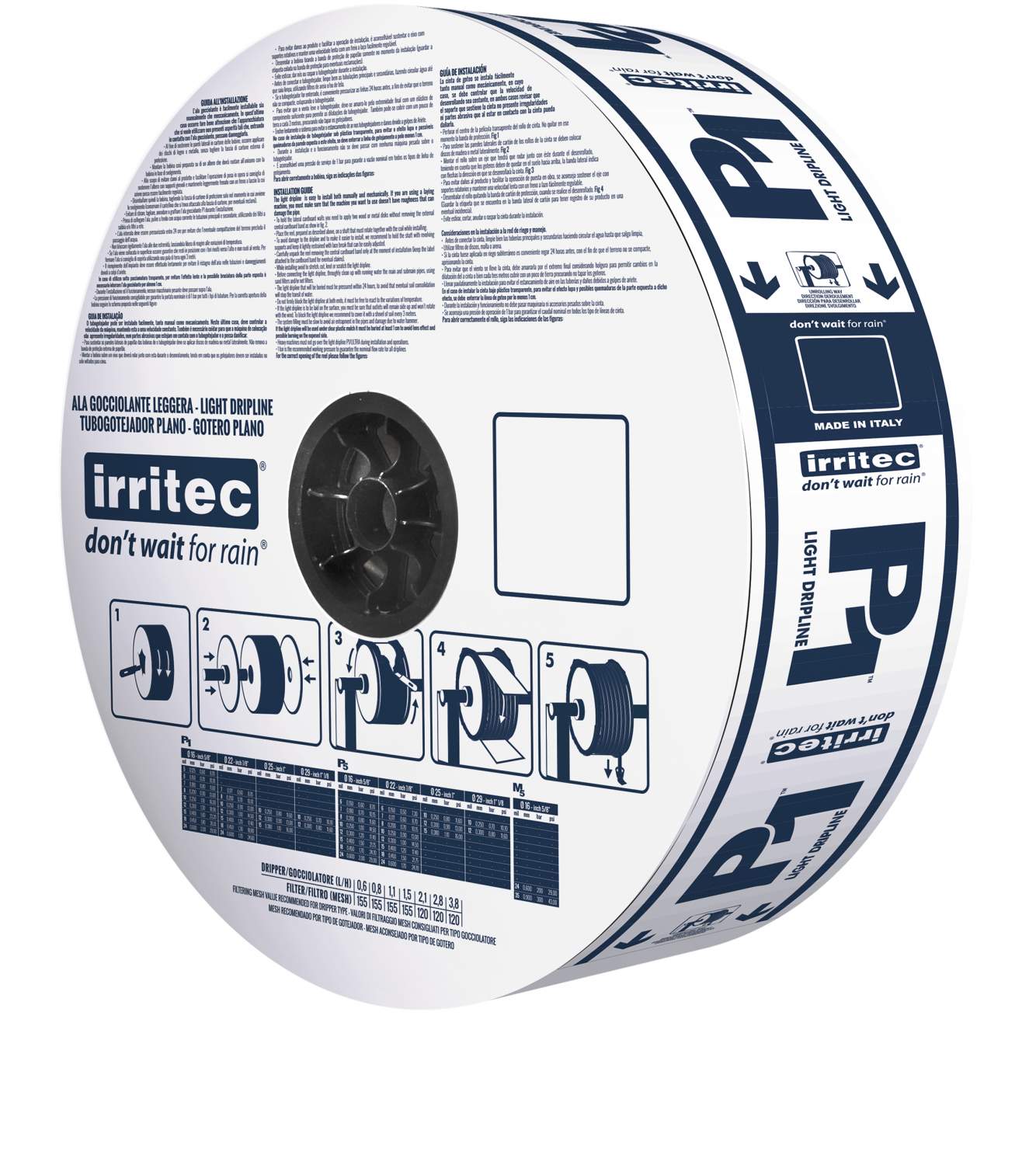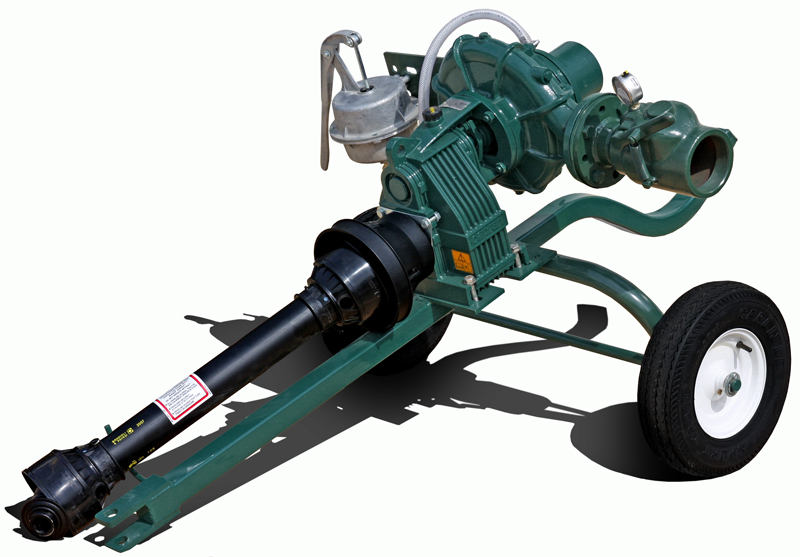Gardening organically is a great way to make a positive impact on the environment! Not only are you sustainably growing your own food, your also limiting pollutants and chemicals used on larger farms. It’s one of the best ways to keep both yourself and the planet healthy! But what do you do when you need to fertilize your crops? A great way to fertilize while keeping your veggies 100% organically grown is a DIY liquid fertilizer. Unlike dry fertilizer, liquid fertilizers are quick acting, since they are absorbed directly to the roots of your crops. Liquid fertilizers make it easy to give your plants the proper amount of nutrients. While chemical fertilizers are expensive, organic liquid fertilizers can be easily made at home from nature’s free ingredients in your very own backyard.
There are many things you can make your liquid fertilizer from, but the most important thing is that your ingredients be nitrogen and nutrient rich. Good examples of nitrogen rich ingredients are chicken manure or human urine; or if you prefer not to have that particular type of organic matter in your garden, seaweed, vegetable scraps, and lawn clippings are all other great options that don’t come directly from someone or something’s trip to the toilet.
If you’re fine with handling excrement, and you happen to have chickens on hand, simply add a shovelful of chicken waste into a five gallon bucket, fill the rest of the bucket with water, seal it, and let it sit for four weeks. Other animal manure also works great! Be warned, this process is incredibly smelly, and the whole process is best done outside.
If you lack chicken or other livestock, another great fertilizer source is lawn clippings! You can simply take freshly cut grass or even the weeds you’ve pulled from your garden and, just like in the above method, add them to a 5 gallon bucket of water. You can also add organic matter leftover from your kitchen, like eggshells or veggies. Adding things from your household also helps to minimize your waste output and lower your carbon footprint! This mixture needs to sit four weeks and then can be added directly to your garden. Once again, this process is smelly, and best done outdoors.
Liquid fertilizers help you minimize fertilizer waste by bringing nutrients directly to the roots of your crops. DIY fertilizer keep you in complete control over everything added to your garden, so you can be confident in your crops! Making liquid fertilizer is cheap, easy, and a great way for you to keep your garden completely organic.






